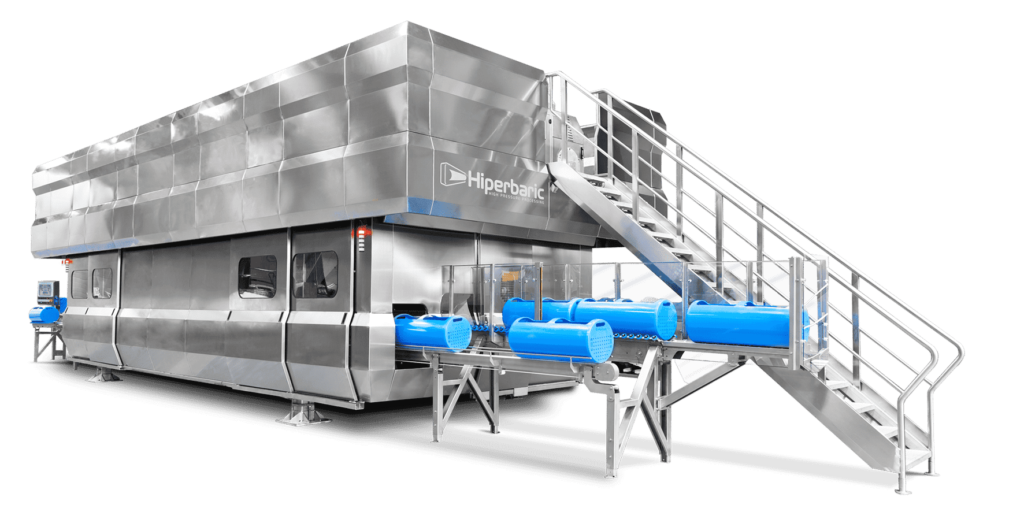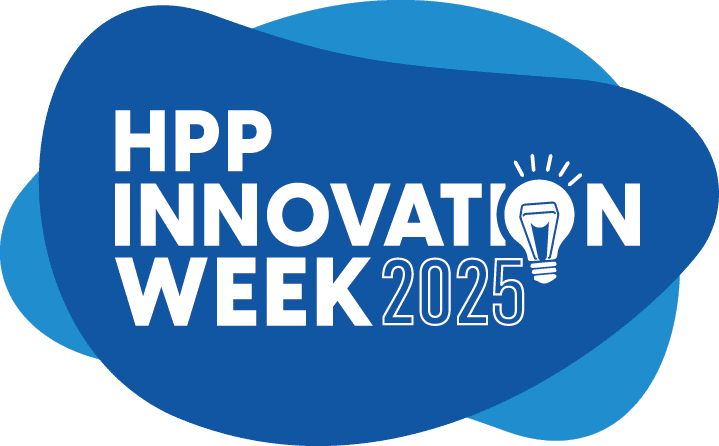WHAT IS
HIGH PRESSURE PROCESSING (HPP)?
High Pressure Processing (HPP) is a non-thermal (5ºC – 20ºC) food and beverage preservation method that guarantees food safety and achieves an increased shelf life, while maintaining the organoleptic and nutritional attributes of fresh products.
It is based on the use of high isostatic pressure transmitted by cold water of up to 6,000 bar /600MPa /87,000 psi, held for a few minutes. This pressure is transmitted uniformly and instantaneously throughout the product, achieving an effect equivalent to pasteurization, but only using water and pressure instead of heat which offers multiple advantages for food and beverages products.
High Pressure Processing (HPP) is a non-thermal (5ºC – 20ºC) food and beverage preservation method that guarantees food safety and achieves an increased shelf life, while maintaining the organoleptic and nutritional attributes of fresh products.
Contact our HPP experts
They will be at your entire disposal to assist you personally with any question you might have
How does an HPP system work?
Already packaged products are placed into the baskets which are then pushed into the HPP unit for a few minutes.
During this process, high pressure inactivates pathogens and spoilage microorganisms without the use of heat, preserving the original flavor, texture and nutritional properties of the product.
And that’s it! No heat, no chemical or preservatives involved. By using only water and high pressure you will be able to offer safe, clean label and premium quality products.
Contact our HPP experts
They will be at your entire disposal to assist you personally with any question you might have
Discover our HPP units
Hiperbaric is the world’s leading manufacturer of High-Pressure Processing machines for the food and beverage industry, with 60% of the global market share and more than 25 years of experience.
We offer the widest and most reliable HPP machine range meeting the requirements of all our clients from start-ups or SMEs to large multinational companies.













